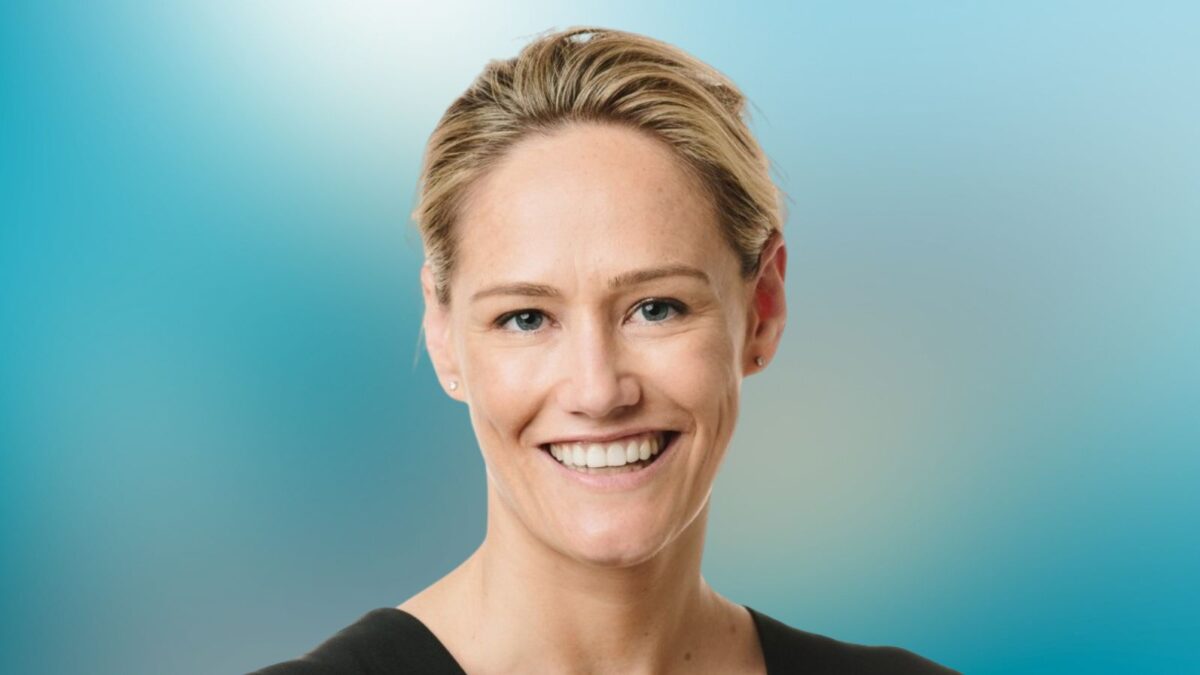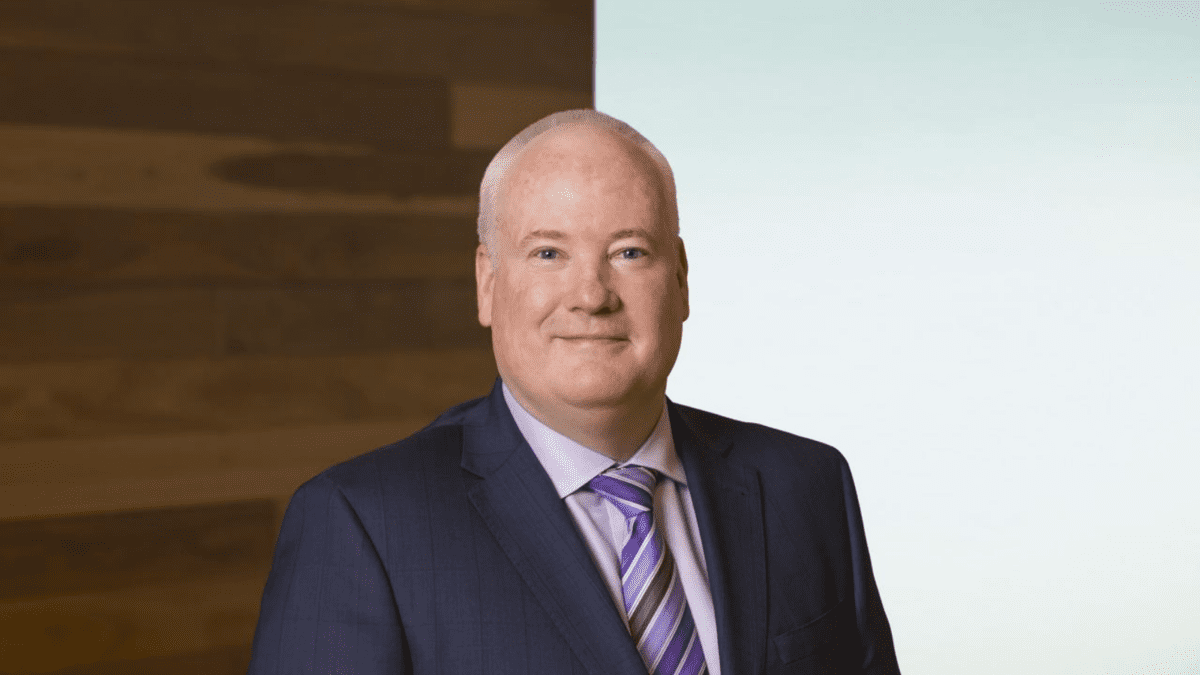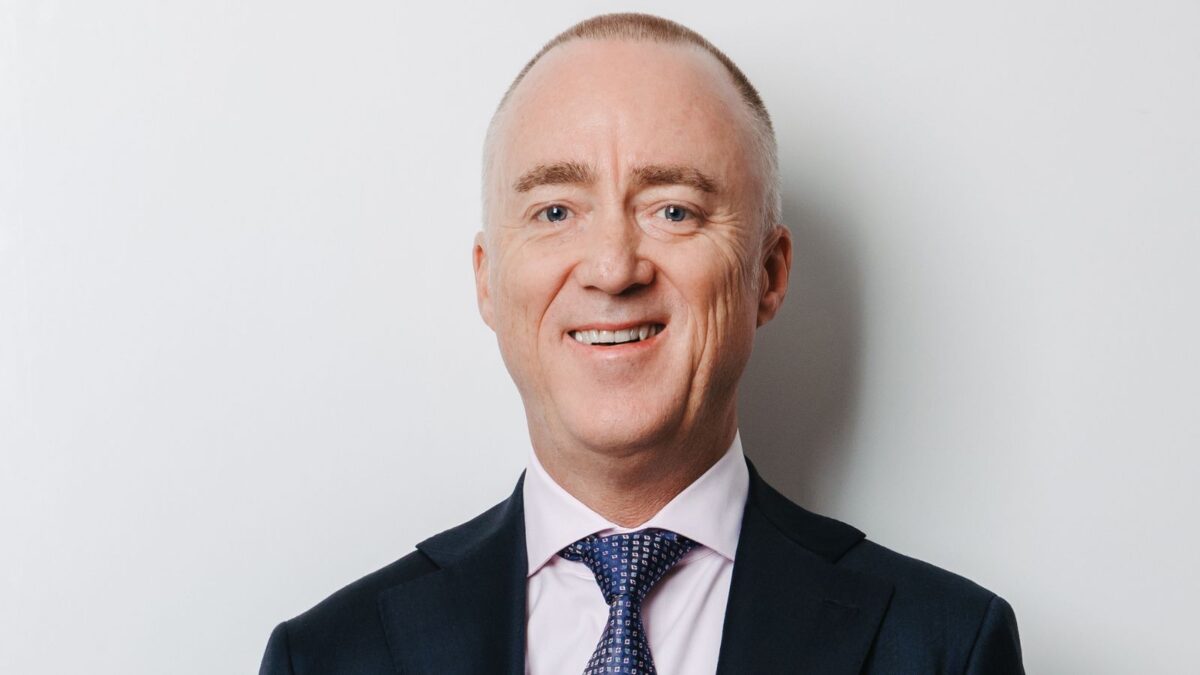Should every big fund join the jet set? It depends on the destination
Not every super fund pursuing internalised investment management wants or needs to run offshore offices to get access to assets, according to Australian Retirement Trust CIO Ian Patrick – and the answer to the question of whether a fund should have them “comes back to the investment model”.
“When you’re running a hybrid model where implementation is largely and dominantly affected through third parties or alongside partners, I don’t think you have quite the same need for a global footprint,” Patrick told the Association of Super Funds of Australia (ASFA) conference on Wednesday.
“If you’re originating transactions and you need to be active with networks in those offshore capital markets, you likely do need an office staffed by a meaningful number of people. Will we have more than a Brisbane and Sydney presence in the not too distant future? Quite likely. Will that be to, under our model, build teams to originate transactions? No it will not; it will be to supplement the advice back to the domestic business in Australia to allow it to be the most effective it can be in terms if access to time zones and the like.”
Meanwhile, Cbus has internalised just under 50 per cent of its assets, according to deputy CIO and head of private markets Alexandra Campbell, but doesn’t have a “strict” idea of how far it should go with its program and focuses on “quality, not quantity”.
“Particularly in private markets… it’s about leveraging global relationships and getting the best value for the fees we’re paying for that,” Campbell said. “But you know, having opportunities to invest in assets that have been originated offshore for us rather than trying to always be the one to do it internally.”
And while some private markets advocates think that liquidity is overrated – and that funds with a younger member base don’t need to sweat locking large chunks of money away in airports and toll roads – Campbell is well aware that members in retirement can’t eat the illiquidity premium (at least, in what they’d consider a reasonable timeframe) and that some stakes are better managed in the public markets.
“There’s been a lot of headlines around Origin (Energy) – whether that should be public or private,” Campbell said. “And even from my perspective, with a big bias towards private markets, there’s some risk profiles that just don’t suit a private market asset and some cheque sizes as well that you don’t want to hold at that level in private markets.
“There’s a risk of holding illiquid assets with that risk profile. It might suit you very much today, but we’re not sure where that’s going to go in five to 10 years, and so something like that might be better in the listed market.”
“At its heart I don’t think it does change how you think about private assets from the point of view that you’re taking idiosyncratic risk in your portfolio – you cannot buy the index like you can with Aussie or global equities.”
ART CIO Ian Patrick on YFYS
But the number of companies heading to the public markets for further growth has shrunk at the same time as take privates are becoming more common, resulting in a local market that lacks the depth for super funds to continue stashing member monies in it and a key bellwethers for risk globally becoming less reliable.
“Do I have a concern about the diminution of listed companies in a given market? I think you have to be worried at some point because public markets price discover every day, and you’re getting a read on how the market prices different risks through these public markets – so a shrinkage of the available opportunities to test pricing has gotta be questioned,” Patrick said.
And while “everybody hated” a number of key benchmarks for illiquid assets under the first iteration of the Your Future, Your Super performance test (the infrastructure benchmark, which used a listed index, was “notoriously difficult”) Campbell says that the test now “brings the discipline” to some aspects of private markets investing, while Patrick says it hasn’t fundamentally changed the process.
“At its heart I don’t think it does change how you think about private assets from the point of view that you’re taking idiosyncratic risk in your portfolio – you cannot buy the index like you can with Aussie or global equities,” Patrick said.
“You’re going to push out further along the risk curve – I hear people talk about core plus than core, and that’s the pursuit of outperformance of the specified benchmark in the performance test. But fundamentally I don’t think it changes; you’re still looking for a well diversified portfolio where the idiosyncratic risk is well rewarded. You’re going to get alpha that’s not just the alpha of not marking to market.”










